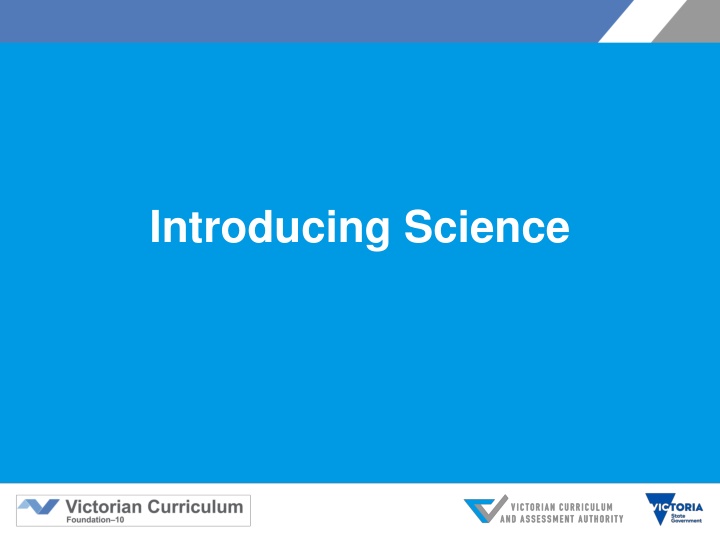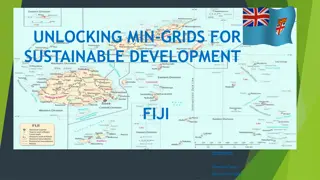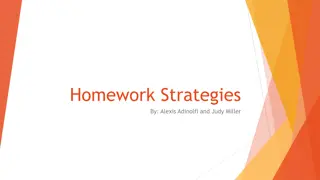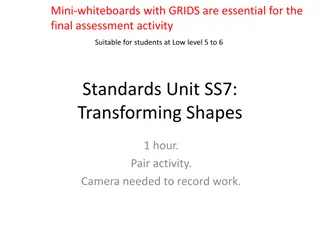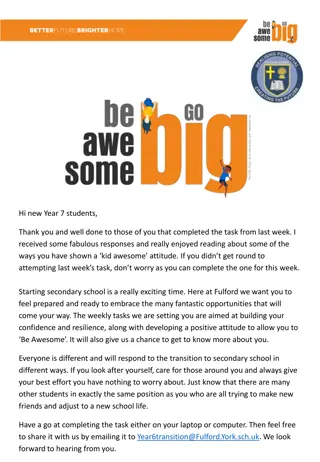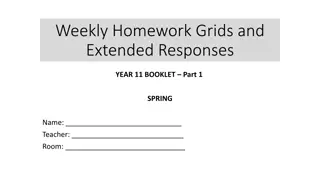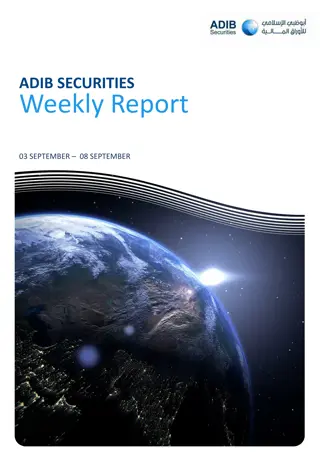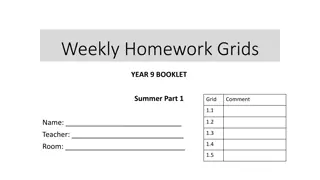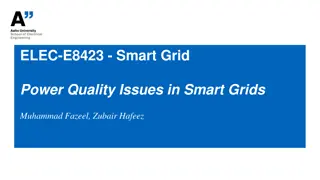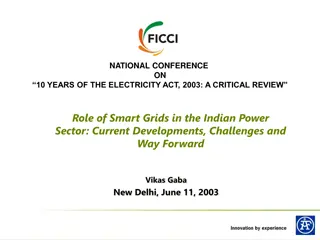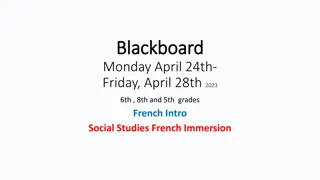Weekly Homework Grids for Year 7 Students
This booklet contains homework grids for Year 7 students to work on spelling, grammar, punctuation, vocabulary, reading comprehension, and language techniques. It includes tasks to challenge and engage students while enhancing their English skills.
Download Presentation

Please find below an Image/Link to download the presentation.
The content on the website is provided AS IS for your information and personal use only. It may not be sold, licensed, or shared on other websites without obtaining consent from the author.If you encounter any issues during the download, it is possible that the publisher has removed the file from their server.
You are allowed to download the files provided on this website for personal or commercial use, subject to the condition that they are used lawfully. All files are the property of their respective owners.
The content on the website is provided AS IS for your information and personal use only. It may not be sold, licensed, or shared on other websites without obtaining consent from the author.
E N D
Presentation Transcript
Victorian Curriculum F10 Released in September 2015 as a central component of the Education State Provides a stable foundation for the development and implementation of whole-school teaching and learning programs The Victorian Curriculum F 10 incorporates the Australian Curriculum and reflects Victorian priorities and standards http://victoriancurriculum.vcaa.vic.edu.au/
Aims The Science curriculum aims to ensure that students develop: an interest in science as a means of expanding their curiosity and willingness to explore, ask questions about and speculate on the changing world in which they live an understanding of the vision that science provides of the nature of living things, of the Earth and its place in the cosmos, and of the physical and chemical processes that explain the behaviour of all material things an understanding of the nature of scientific inquiry and the ability to use a range of scientific inquiry methods, including questioning, planning and conducting experiments and investigations based on ethical principles, collecting and analysing data, evaluating results, and drawing critical, evidence-based conclusions an ability to communicate scientific understanding and findings to a range of audiences, to justify ideas on the basis of evidence, and to evaluate and debate scientific arguments and claims an ability to solve problems and make informed, evidence-based decisions about current and future applications of science while taking into account ethical and social implications of decisions an understanding of historical and cultural contributions to science as well as contemporary science issues and activities and an understanding of the diversity of careers related to science a solid foundation of knowledge of the biological, chemical, physical, Earth and space sciences, including being able to select and integrate the scientific knowledge and methods needed to explain and predict phenomena, to apply that understanding to new situations and events, and to appreciate the dynamic nature of science knowledge.
Structure Strands and Sub-strands Science Understanding Science Inquiry Skills Science as a human endeavour Questioning and predicting Biological sciences Planning and conducting Chemical sciences Recording and processing Earth and space sciences Analysing and evaluating Physical sciences Communicating Achievement standards The first achievement standard is at Foundation Level 2 and then at Levels 4, 6, 8 and 10. A curriculum for students with disabilities is provided in this learning area.
Structural changes AusVELS Victorian Curriculum F 10 Strands Sub-strands Strands Sub-strands Biological sciences Science Understanding Science Understanding Science as a human endeavour Chemical sciences Biological sciences Chemical sciences Earth and space sciences Earth and space sciences Physical sciences Physical sciences Nature and development of science Use and influence of science Science as a Human Endeavour Questioning and predicting Science Inquiry Skills Questioning and predicting Science Inquiry Skills Planning and conducting Planning and conducting Recording and processing Processing and analysing data and information Analysing and evaluating Evaluating Communicating Communicating
Key messages Moving the Science as a Human Endeavour content included as a sub-strand of Science Understanding - makes explicit the strong links between the nature, development and applications of science and specific knowledge of the disciplines within science aspects that relate to how existing knowledge is challenged and investigated and the nature of scientific evidence has been included in the Science Inquiry Skills strand Key concepts The key concepts of science are: Patterns, order and organisation Form and function Stability and change Scale and measurement Matter and energy Systems Reporting progress in Science These changes do cause a break in reporting data and student progress as the teaching program moves from AusVELS Science to the Victorian Curriculum F 10 Science
